Some business owners love the Trump tariffs
Economists are largely opposed to the Trump tariffs — now applied to more than $300 billion worth of imports — because they are a tax on business activity that gives the government too much control over business decisions.
But business owners are split — with some opposed to the tariffs, and some delighted.
A Yahoo Finance survey of business operators conducted Sept. 18-19 found that 38% expect the Trump tariffs to have an “extremely positive” effect on their company, while 11% expect the tariffs to have a “somewhat positive” effect. So combined, 49% expect the net effect to be favorable.
Only 23% say the tariffs will have an “extremely negative” effect on their businesses, with another 13% expecting a “somewhat negative” effect.” That’s 36%, combined, who expect negative consequences from the tariffs.

Overall, 1,098 people completed the poll, posted online at Yahoo Finance and conducted via SurveyMonkey. Nearly three-quarters of the respondents described themselves as business owners, with 17% saying they’re executives and 4% identifying themselves as board members.
About 38% of respondents described their companies as small businesses earning less than $1 million in annual revenue. Thirteen percent of their companies earn more than $100 million. Respondents covered every major industry sector, with manufacturing accounting for 19% of responses, followed by retail or wholesale trade (17%), finance (12%), and technology (11%).
Business owners are more supportive of President Donald Trump than the overall public, with 59% of respondents in our survey saying they approve of Trump, and 31% disapproving. In Gallup’s latest national poll, Trump’s approval rating was much lower, at 38%, while his disapproval rating was much higher, at 56%.
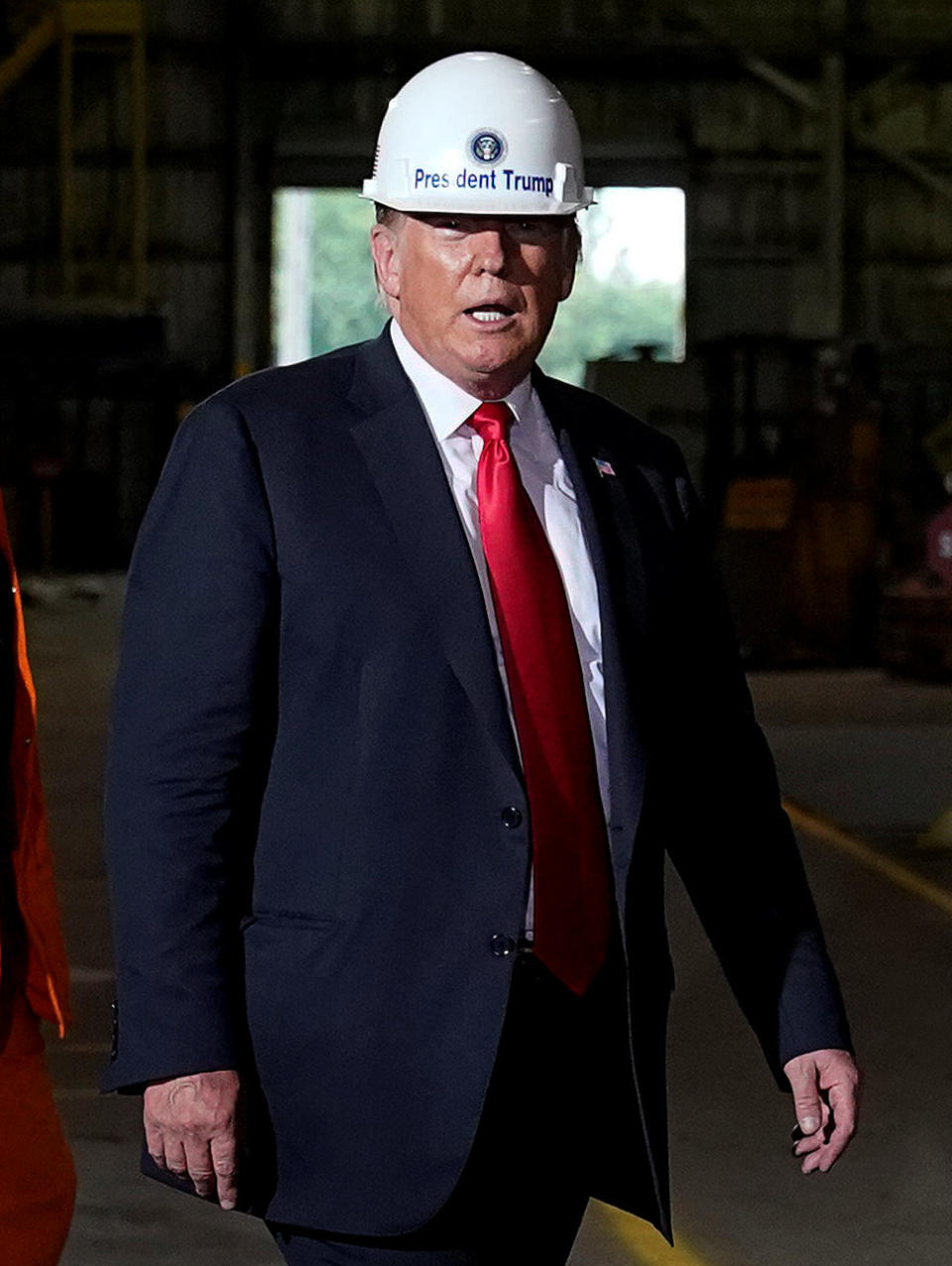
In open-ended comments, business owners who support the tariffs generally indicated that their sales are rising or expected to rise because cheaper foreign products they compete with are getting more expensive. Some respondents supporting the tariffs were upbeat simply because business is good, or because the Trump tax cuts have boosted profits (which is not what we asked about).
Of those saying the tariffs are bad for business, many cited higher costs for raw materials or finished products coming from China and other countries subject to the new tariffs. Some of those respondents said they’re having trouble passing the higher costs onto their customers. And a few said they might go out of business. Others opposed to the tariffs are struggling to export products to countries that have placed retaliatory tariffs on U.S. exports, in response to Trump’s tariffs on imports from those countries.
Yahoo Finance, for instance, recently spoke with Sherrill Mosee, the founder of handbag startup MinkeeBlue, who doesn’t know if her company will survive the new tariffs. By pushing up costs, the tariffs will make it harder to reach profitability possibly forcing her to sell or close her business.
Trade groups representing big companies, such as the Business Roundtable and the U.S. Chamber of Commerce, are strongly opposed to Trump’s tariffs, since they threaten to raise costs for many multi-national corporations that operate in China. Business owners in our survey may be more supportive of the tariffs because they are more likely to be small, domestic producers less able to take advantage of cheap overseas labor and lax regulation in countries such as China.
Since tariffs are a tax that raises costs for producers and consumers, most economists expect them to slow GDP growth by a few tenths of a percentage point. Trump has threatened additional tariffs, which could hurt growth more. But on their own, the Trump tariffs probably aren’t enough of a drag to cause a recession. They could contribute to one, however, if other factors were to weigh on growth.
Here are the full results of our survey:
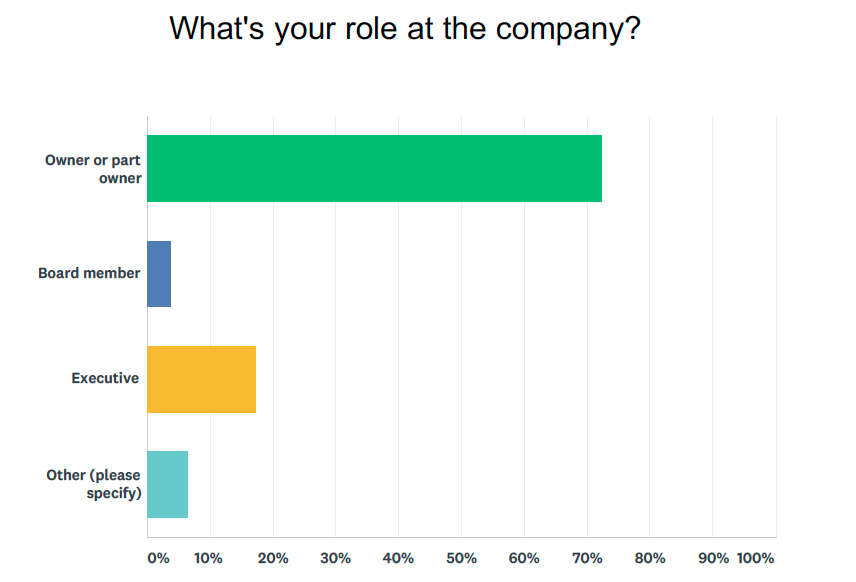
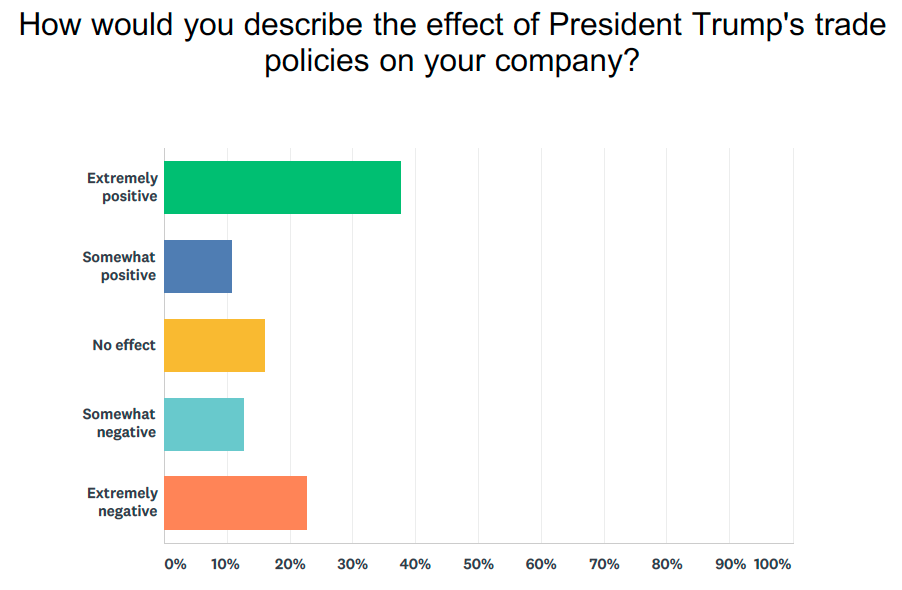


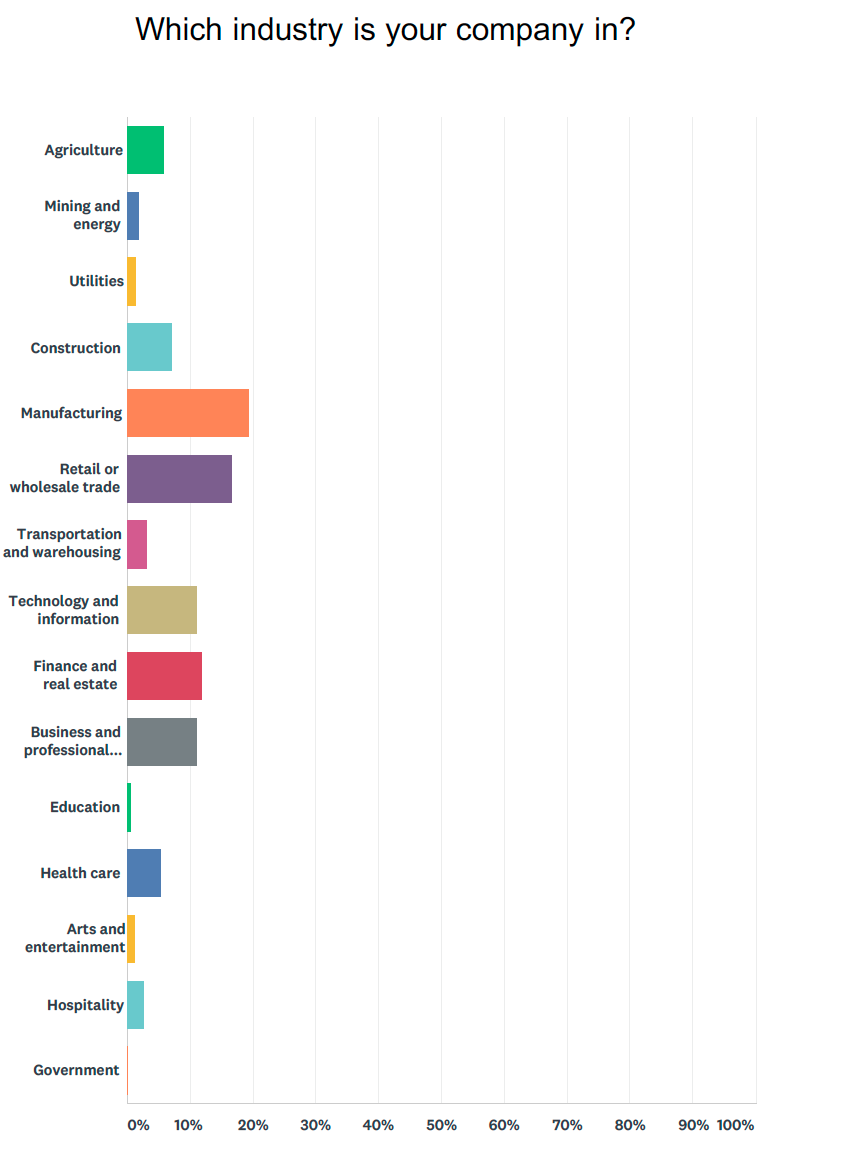
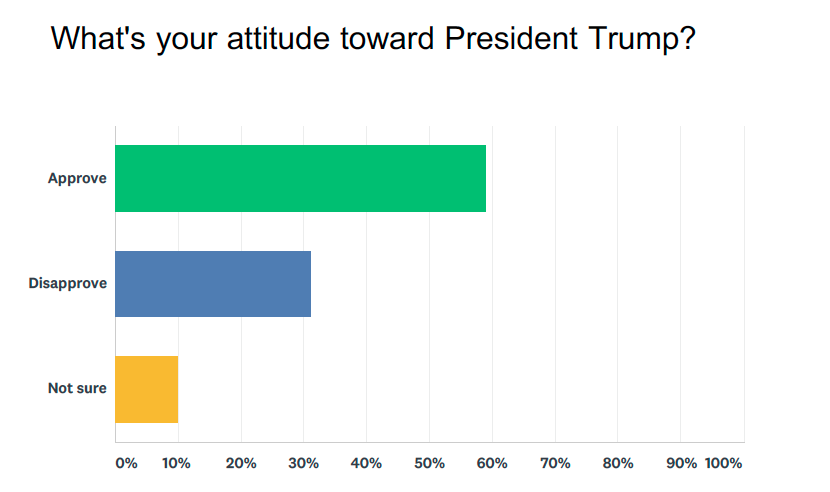

Confidential tip line: [email protected]. Click here to get Rick’s stories by email.
Read more:
Rick Newman is the author of four books, including “Rebounders: How Winners Pivot from Setback to Success.” Follow him on Twitter: @rickjnewman
